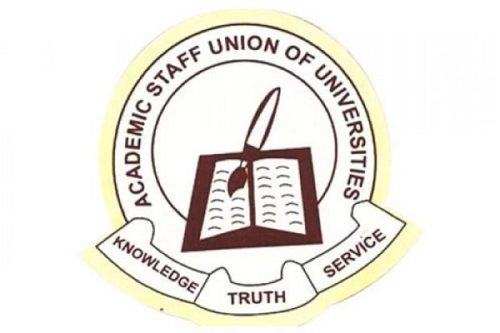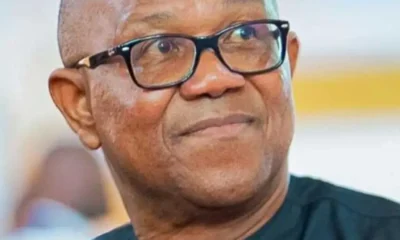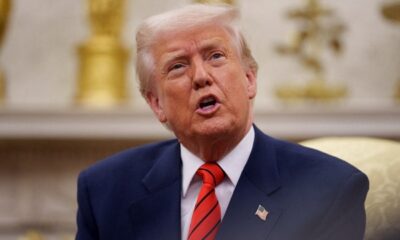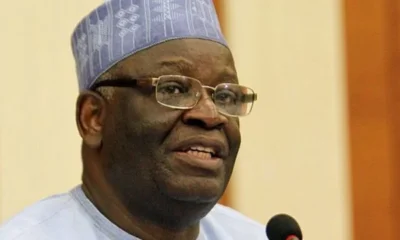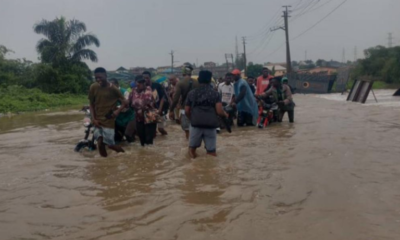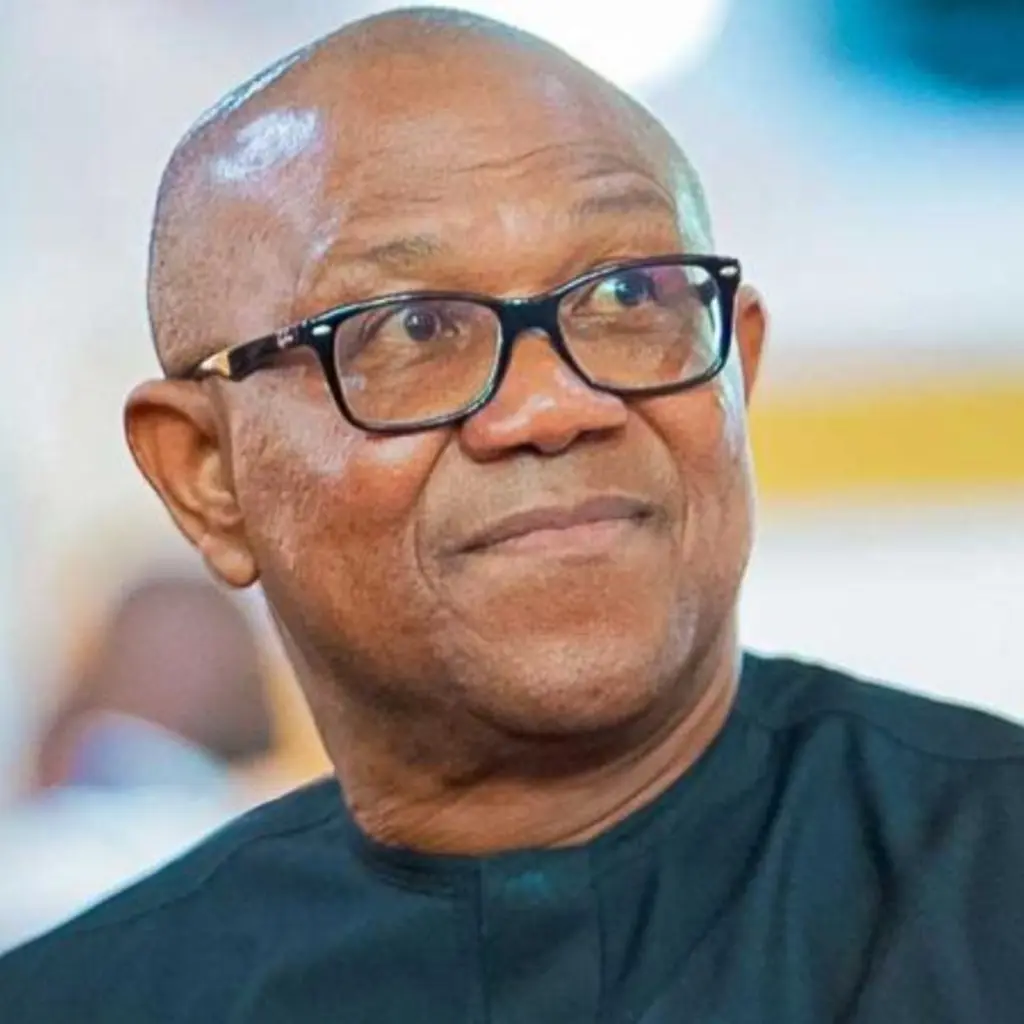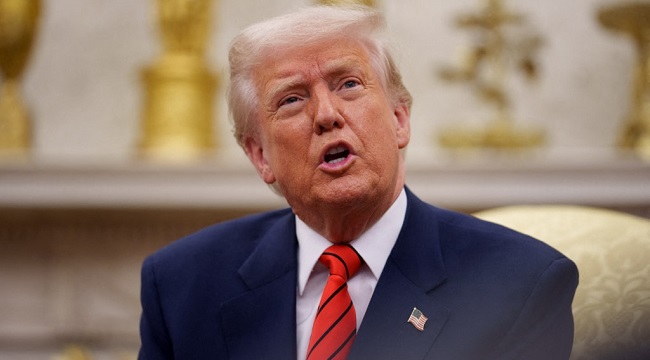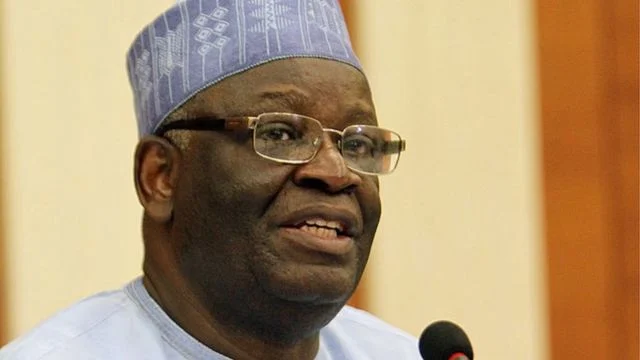It was discovered over the weekend that university lecturers are planning another walkout over the renegotiated 2009 deal with the Federal Government.
The Academic Staff Union of Universities (ASUU) National Executive Council is expected to convene on February 14 to examine the implementation of various components of the agreement and decide on industrial action.
The renegotiated deal is said to have five components, including finance for revitalization, university autonomy, and welfare.
Prof Munzali Jibril, Pro-Chancellor, Federal University Lafia, Nasarawa State, and Chairman, Team of Pro-Chancellors of Federal Universities, led the committee that renegotiated the agreement.
An ASUU leader, who preferred not to be named, said there had been a lack of progress in the agreement since it was re-negotiated last May.
The source said the government team on the committee proposed certain figures which were adopted with an assurance that the government team had the authorization to push through the agreement.
He said: “The government side proposed something (new salary) and ASUU asked the government team if they had the mandate of their principal regarding what they proposed and of course, they answered yes, but said they will have to go back to consult.
“After the re-negotiation had been concluded, they said they had to go back and discuss with their principal. That is where we are with negotiations on all five chapters.
“The five chapters of the 2009 FG-ASUU are funding for revitalization, the autonomy of universities, welfare of lecturers and four and five are related. These are things we bring up each time we go on strike.
“Let them go and sign the re-negotiated 2009 agreement. It has always been like this with the government.
“The antics of government regarding ASUU is always like this: We go on strike for government to come to the table for us to negotiate. After concluding the negotiation, we always have to go on strike for them to sign it and again go on strike for them to implement.
“It has always been like this right from 1992. It is not new; it is the character of the government.
“What is playing out now is what has been since 1992. Three stages: you will go on strike for them to negotiate, you will go on strike to get them to sign the agreement that they willingly negotiated then in the final stage you go on strike to get them to implement.
“This is not going to be the last strike. People should know that because after this, there will be another strike probably for them to implement that agreement.”
ASUU President Prof Emmanuel Osodeke dismissed as mere promises the comments by President Muhammadu Buhari that the Federal Government was committed to meeting ASUU’s demands to prevent another round of strikes.
Osodeke said the appeal for understanding by the president was a mere promise they have heard before.
The ASUU President, in an interview with The Nation in Abuja, said most of the demands of the union have not been met by the Federal Government.
He listed some of the demands to include: non-signing of the re-negotiated FGN-ASUU 2009 agreement, non-payment of the balance of Earned Academic Allowances, non-deployment of UTAS, non-payment of lecturers on sabbatical, and proliferation of universities by state governments.
Buhari had, during a meeting with members of the Nigeria Inter-Religious Council, led by Sultan of Sokoto, Muhammad Abubakar III, and the President of the Christian Association of Nigeria, Rev. Samson Ayokunle, said the Federal Government was committed to honoring promises made to ASUU to prevent strikes in universities.
The President also appealed to the union to note the fiscal pressures that the government was currently facing.
The ASUU President accused government officials of wasting resources on foreign trips.
He said ASUU leadership would meet soon to make a decision.
Osodeke said: “We have heard him so many times and nothing happened. Except when we start seeing something concrete being done the plea will just be like any other plea we have heard; mere promises.”

 BIG STORY4 days ago
BIG STORY4 days ago
 BIG STORY3 days ago
BIG STORY3 days ago
 BIG STORY4 days ago
BIG STORY4 days ago
 BIG STORY1 day ago
BIG STORY1 day ago
 BIG STORY4 days ago
BIG STORY4 days ago
 BIG STORY3 days ago
BIG STORY3 days ago
 BIG STORY3 days ago
BIG STORY3 days ago
 BIG STORY1 day ago
BIG STORY1 day ago




